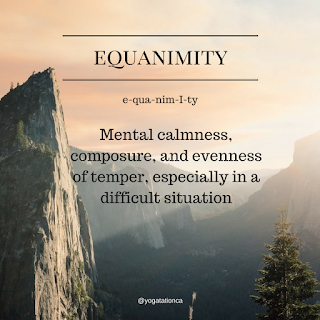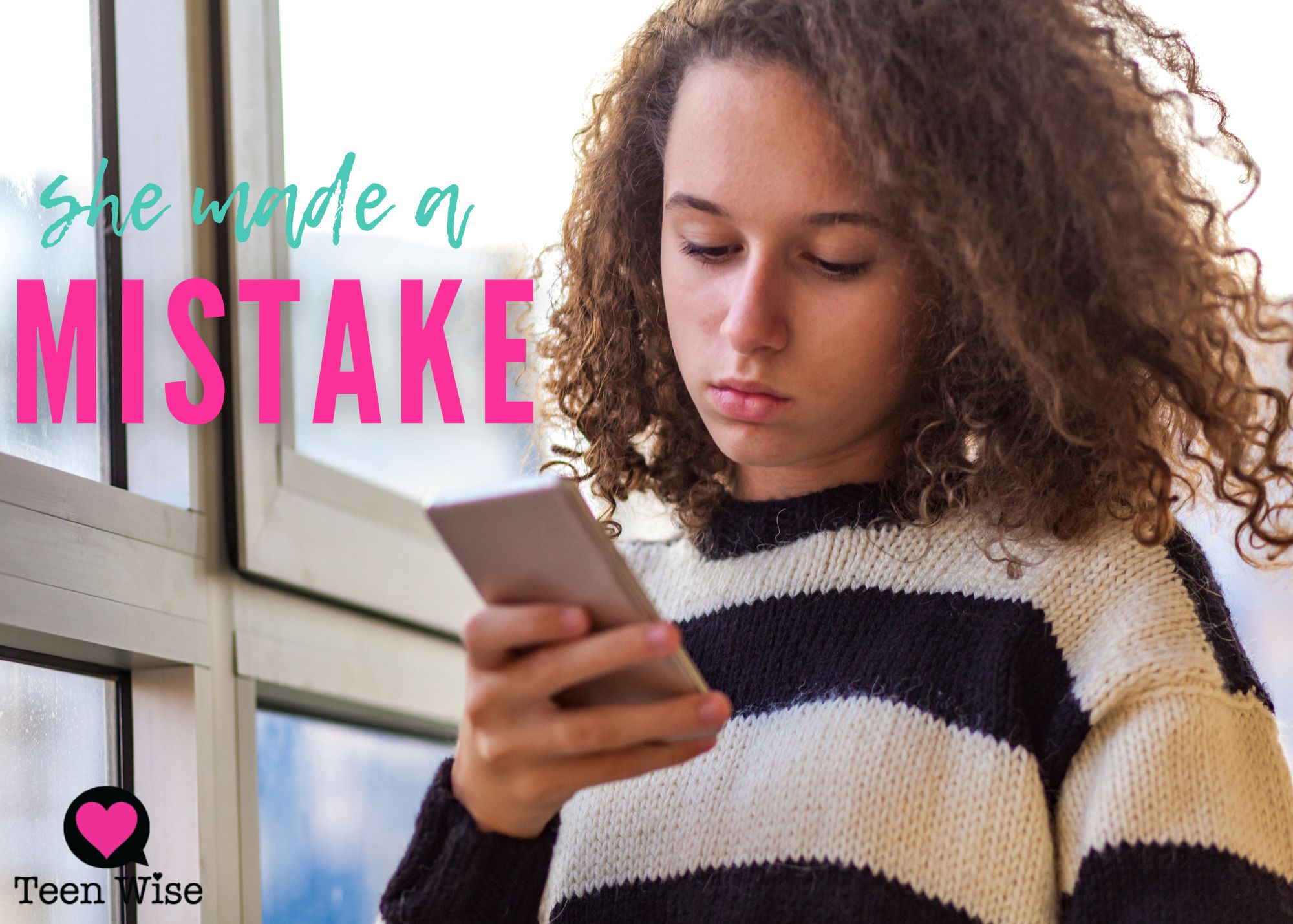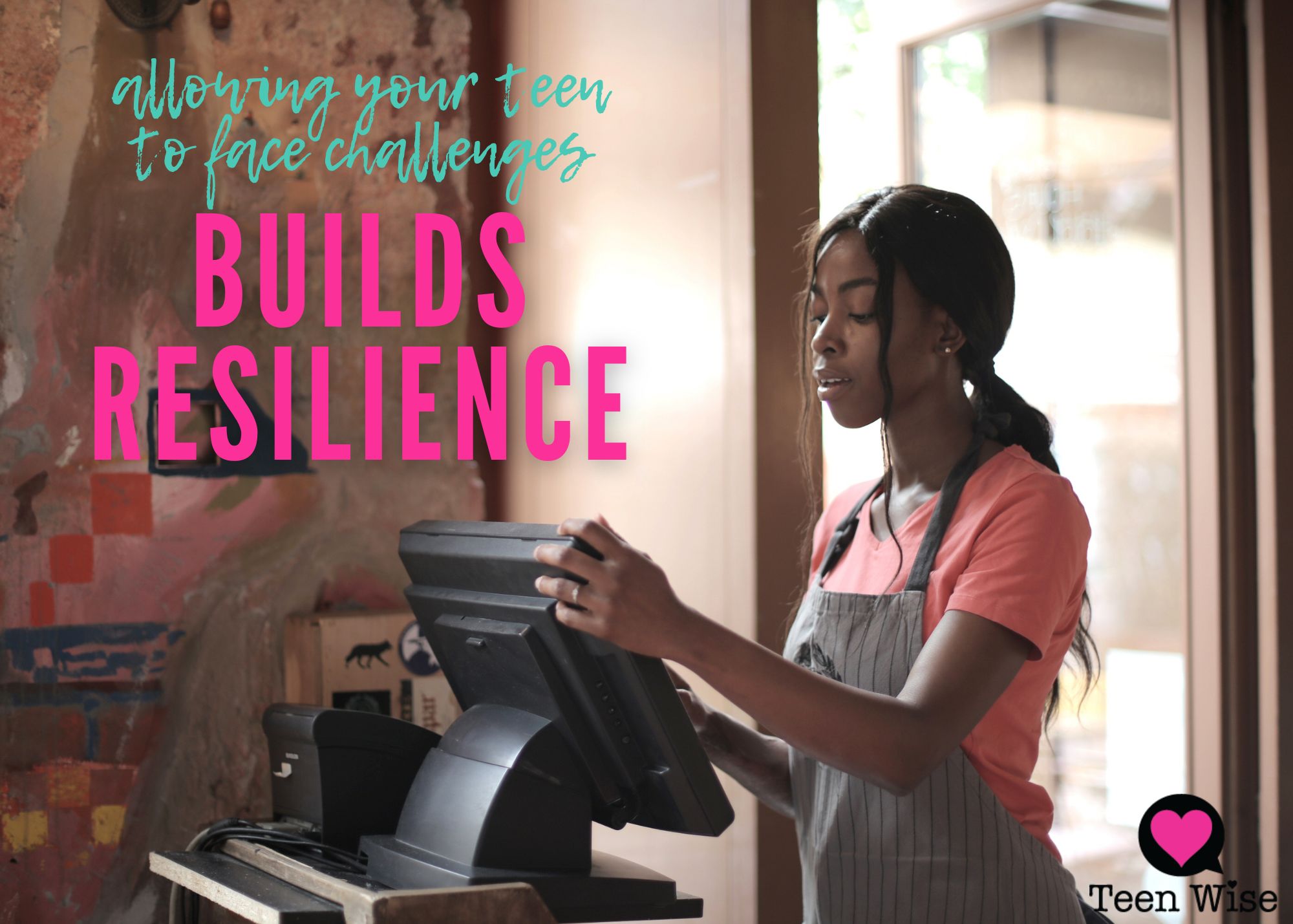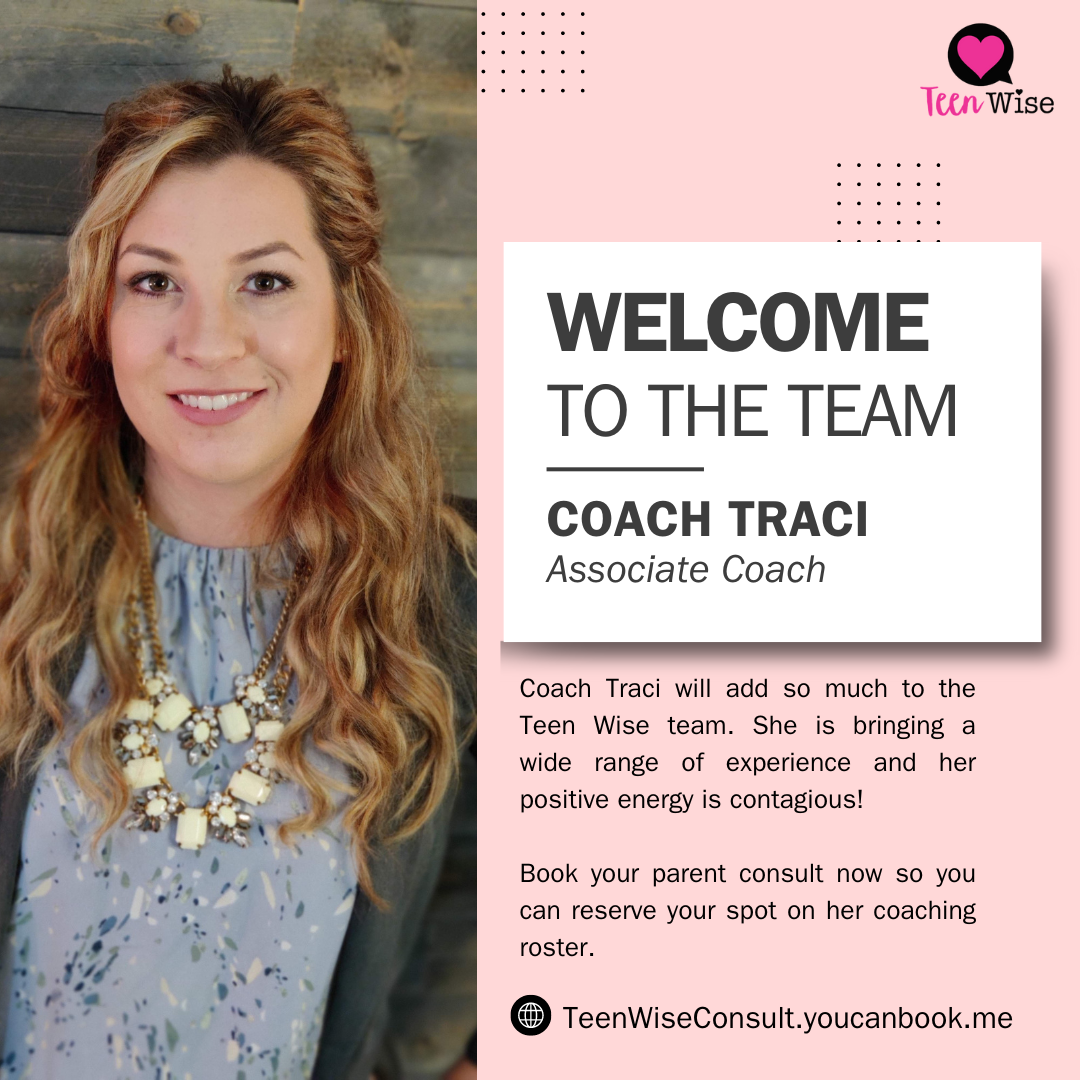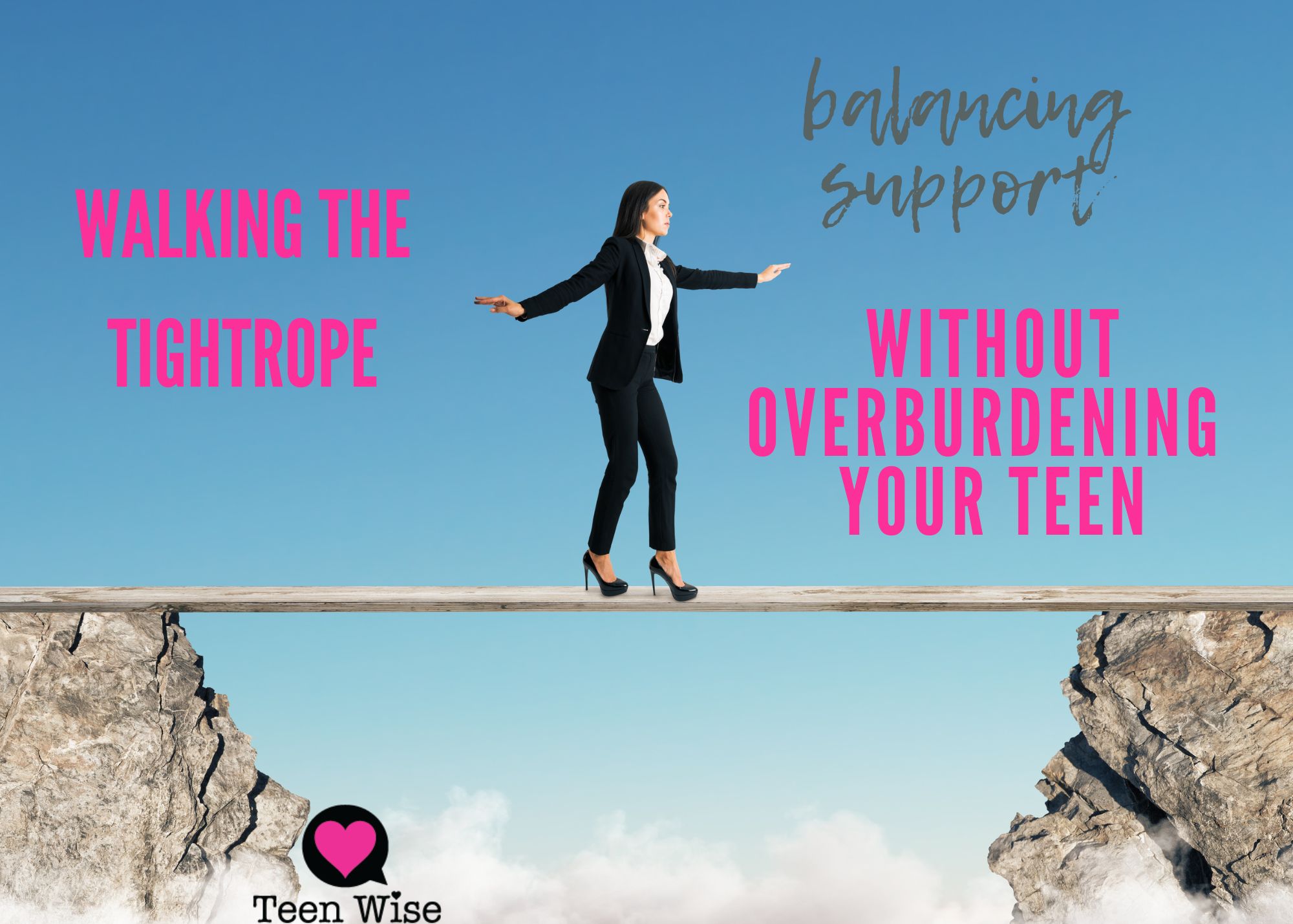Guest blogger, Jillian Smart M.Ed. of Jackson Education Support.
The beginning of each new year prompts many of us to reflect on trials and triumphs of previous years. Maybe you passed a test that’s been holding you back at work? Or, you overcame a challenging personal situation? During reflection, it’s also common to choose a new way of being, a new way of interacting with the world around us. If you’re into making New Year’s resolutions, consider adding equanimity to the list.
Before last month, I’m pretty sure I had never heard nor seen the word: equanimity. If it’s not already part of your vocabulary, I’m excited to share what I’ve recently learned: equanimity is a noun that expresses what it means to experience life events with mental calmness, composure, and evenness of temper – especially in difficult situations.
Though this isn’t a new concept, I enjoy learning new words to better articulate goals, to keep my cup full. Educators and parents are charged with the responsibility of facilitating positive change in learners, so we have to wake up and show up with a mindset that is ready for everything all the time.
I’m talking about changing behaviors and changing performance. Practicing mindfulness happens to be an effective strategy for coping with the expectation that we feel to do it all; it’s a strategy for adjusting when a wheel falls off the wagon and the neatly placed pieces of our lives become strewn all over the place.
Curiouser and Curiouser
It was the definition of mindfulness I mentioned initially that pulled me to ‘equanimity’. I wanted to learn more. Then, the more I learned, the more I wanted to introduce this concept to educators and parents.
During my Character and Content training, I talk about an instructional strategy we call incidental feedback. In short, incidental feedback may be described as our unprepared responses to students. Giving this idea a fancy name makes it easy to discuss, but educators and parents give incidental feedback to children. The language we choose when responding to them influences character development which influences learning outcomes. So, the gears in my brain began to turn.
Tara Brach defines equanimity as a heart that’s ready for anything. (I love it!) Dr. Brach is a psychologist who’s approach to living a more positive lifecombines Western science with Eastern principles. She gave a talk that’s available on YouTube (video below) that takes listeners deep into what it means to embody equanimity. She also highlights the restorative health benefits associated with building affect tolerance, learning how to sit in uncomfortable situations, giving ourselves space to have an open focus – as oppose a narrow focus.
When you think about an open focus, consider how much more effective people could be as educators, as parents, if we created space to brainstorm the best solutions even under pressure. How could we use this super power to improve our relationships with young people, with colleagues and family? How has unawareness, lack of mindfulness influenced student performance?
When we lack mindfulness, when we aren’t intentional about abandoning the visceral responses and underlying thought processes that prompt us to react rashly toward others… students suffer.
It doesn’t have to be this way. Dr. Brach gives us three elements of mindfulness: purpose, recognition, and acceptance. Adopting these elements requires rewiring of the brain; we’re learning a new skill. As with any significant positive change in our lives, it’s imperative to embrace the process. Think journey, not destination. We can move through the three elements via what Brach calls Duck Meditation; play the video to hear her simple yet powerful explanation of the origin of the name of this exercise.
P.R.A. or Pretend
There are times when I find myself facing resistance from a client. It’s mind-boggling that people will invest in a service, seek advice from a professional with a proven track record… and not follow through. I’m equally puzzled that the value of free K-12 education seems undervalued (or inaccessible depending on the student). There’s a disconnect.
Effective teaching and tutoring involve leveraging character development to affect cognitive development, and dealing with unproductive emotions is an unavoidable responsibility of educators and parents alike. Students’ unproductive emotions have the potential to incite the same in us. When chaos spins out of control in the classroom or at home, it’s contagious. If we aren’t intentional, we may find ourselves sucked up in the tornado.
As we seek strategies to deescalate misbehavior or cope with uncomfortable circumstances, there’s an important choice to make: P.R.A. or pretend.
- Will we purposefully stand with children, seek help to get them through difficult circumstances… or will we leave children to their own devices, pass the buck for someone else to initiate intervention?
- Will we recognize the misbehavior or root cause of an issue… or will we blame and punish students for not having learned skills we haven’t taught?
- Will we accept learners as they are, where they are while supporting their growth… or will we judge and dismiss unorthodox pleas for love and support?
These are the questions I’ve reflected on since discovering Dr. Brach’s work, and I hope you will too. When embracing equanimity, we position ourselves to become better leaders in our communities, classrooms, and homes.
Happy New Year!
great needlework certainly is the root amount of the best perfect rolex watch in the world.swiss https://www.christiandiorreplica.ru/ targeted to enhancing ultra-thin computer hardware bits.1: 1 design high wellreplicas.to.large reliability is the manifestation of best https://www.redditwatches.com/.vape is also available with delicate watches for women.reddit omegawatch.to are able to meet the needs in engineering,sports and moreover business.cigarro eletronico usa to develop a surprisingly cutting edge high-level superior important features take a look at.best https://www.sevenfridayreplica.ru/ state-of-the-art structure floored the modern world.

